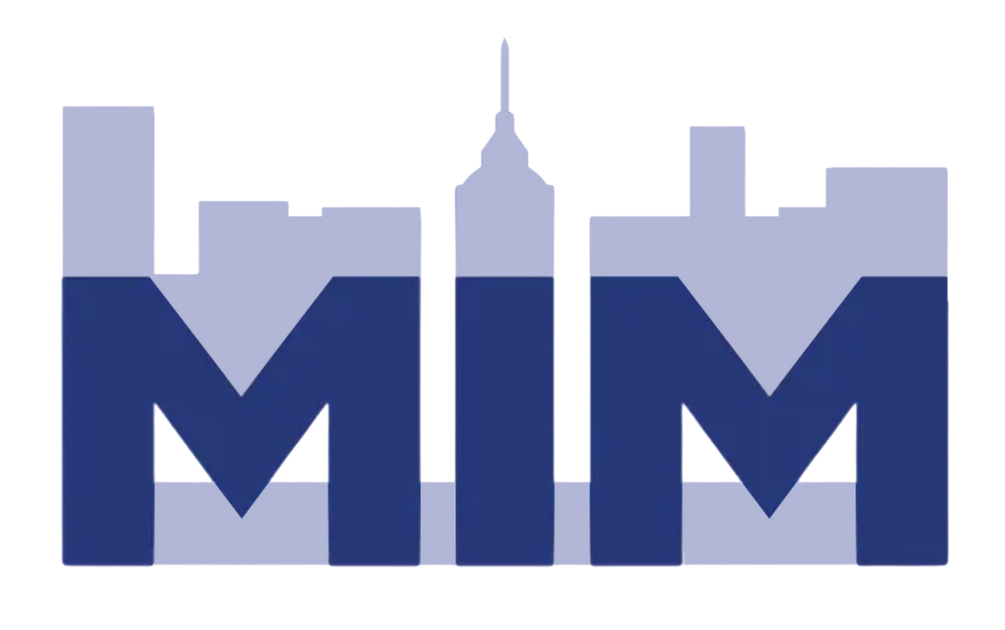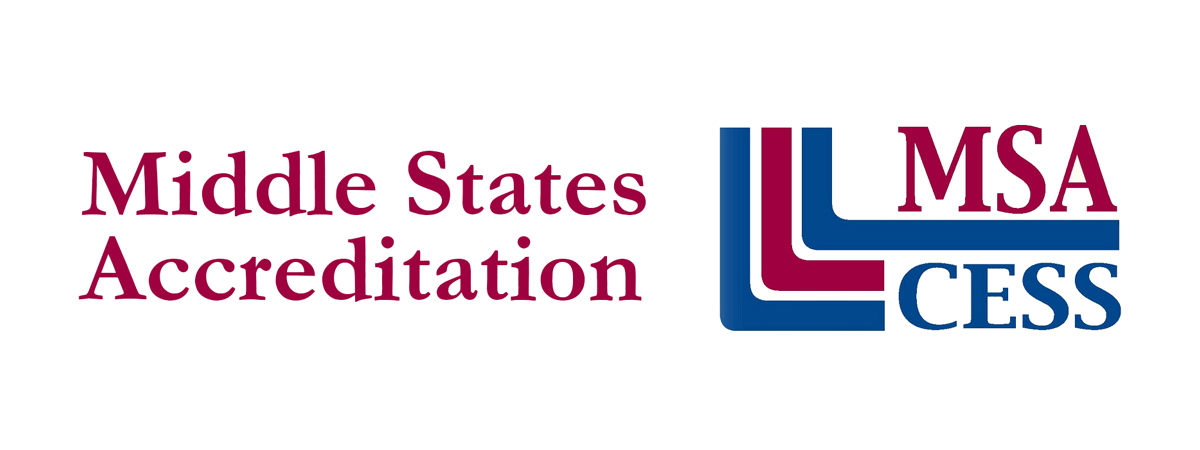Crafting a Business Administration Resume as a New Graduate
As a new graduate entering the competitive job market, crafting a standout business administration resume is crucial. Whether you’re targeting opportunities in bustling cities like New York or aiming to build a career in your local area, your resume serves as the first impression you make on potential employers. In such a competitive job environment, especially in major business hubs like New York, it’s essential to highlight your qualifications, skills, and experiences effectively.
While you may not have years of professional experience in business administration, there are still many ways to showcase your strengths and value to employers. This article will guide you through creating a compelling business administration resume that will make you stand out as you begin your professional journey.

Understanding the Purpose of a Business Administration Resume
A business administration resume is more than just a list of your educational background and job history; it is a marketing tool designed to showcase your qualifications and fit for a specific job. The primary goal of a resume is to demonstrate that you are the right candidate for the position. Employers typically spend only a few seconds reviewing each resume, especially in high-competition markets like New York. This means your resume must be clear, concise, and tailored to the job at hand.
For new graduates, a well-structured resume helps highlight not only your education and relevant skills but also your potential to excel in the business world. A successful business administration resume is focused on presenting your qualifications in a way that resonates with what employers are looking for—whether it's for an entry-level role or a more specialized position.
Key Components of a Business Administration Resume
When creating your business administration resume, certain elements are essential to ensure it stands out to employers. Here’s a breakdown of the key components:
Contact Information
Your contact information should be at the top of the resume, making it easy for employers to get in touch with you. Include:
- Full name
- Phone number
- Professional email address (avoid casual or unprofessional email addresses)
- LinkedIn profile (optional but highly recommended)
- Location (City and State, e.g., New York, NY)
Professional Summary
Your professional summary should be a brief paragraph (2-3 sentences) highlighting your skills, career goals, and what you can bring to the company. This is your chance to immediately capture the hiring manager's attention by showcasing your potential as a business professional, even as a new graduate. Tailor this section to the specific job you are applying for. For instance, if you’re applying for an operations management role in New York, your summary could emphasize your organizational skills, analytical thinking, and passion for streamlining business processes.
Core Competencies
This section is where you list the skills most relevant to the business administration role. Key competencies for business administration might include:
- Project management
- Financial analysis
- Team collaboration
- Time management
- Strategic planning
- Communication skills
- Problem-solving
Ensure these align with the specific business administration resume requirements listed in the job description. If the company is looking for strong data analysis skills, emphasize that, even if you’ve only gained experience through your coursework or internships.
Education
As a new graduate, your education is one of the most important sections. Include the following details:
- Degree (e.g., Bachelor of Business Administration)
- University or College Name
- Graduation Date (Month, Year)
- Any honors or special distinctions (e.g., Magna Cum Laude)
- Relevant coursework (optional) that applies directly to the job.
For example, if you’re applying to a financial services firm in New York, you could highlight courses in financial management, economics, and market analysis. This shows employers that you have a solid academic foundation for the role.

Experience
Even if you don’t have significant full-time experience, you can still demonstrate your value. Include:
- Internships (business administration-focused)
- Part-time jobs
- Volunteer work
- University projects or group work
If you don’t have much professional experience in business administration, focus on what you’ve gained during your internships or projects. Highlight any leadership roles you took on, such as organizing a group project or managing finances for an event. Employers in New York or other major cities value practical experience, so showcasing what you’ve done can set you apart.
Certifications and Training
While not required for entry-level roles, certifications can give your resume a competitive edge. Some certifications relevant to business administration include:
- Project Management Professional (PMP)
- Certified Business Analysis Professional (CBAP)
- Financial Modeling and Valuation Analyst (FMVA)
- Google Analytics (for marketing-focused roles)
Mentioning these certifications or any relevant training will demonstrate your commitment to continuous learning and professional development.
Tailoring Your Resume for Specific Roles
When applying for different business administration positions, it’s crucial to tailor your resume to the specific job. The difference between business and economics or project management roles can require very different skill sets. Be sure to adapt your resume based on the job description by emphasizing the most relevant experience and skills.
For example, if you're applying for a business administration resume no experience role, you’ll want to emphasize your internship experience, relevant coursework, and transferable skills. On the other hand, if you’re targeting a more specific role like business analysis or marketing in New York, you’ll need to highlight any relevant projects, data analysis skills, or marketing campaigns you’ve worked on.
Use Action Verbs and Quantifiable Achievements
When describing your experience, it’s essential to use action verbs to convey your accomplishments. Action verbs make your responsibilities and achievements sound more dynamic and engaging. Examples of action verbs include:
- Led
- Managed
- Organized
- Coordinated
- Analyzed
- Developed
Whenever possible, quantify your accomplishments. Numbers give potential employers tangible evidence of your impact. For example:
- “Managed a team of 5 in a project that resulted in a 20% increase in sales.”
- “Organized an event for 200+ attendees, staying under budget by 10%.”

Overcoming the ‘No Experience’ Challenge
If you're writing a resume for business administration but don’t have professional experience, don’t worry! You can still create a compelling document by focusing on:
- Relevant coursework: Highlight any assignments, projects, or case studies that directly align with the role you're applying for.
- Volunteer experience: Non-paid work can still demonstrate your organizational and leadership abilities.
- Internships: Even short-term internships can offer valuable experience that employers will appreciate.
- Transferable skills: Skills like communication, teamwork, and problem-solving can be developed in any environment, from part-time jobs to extracurricular activities.
Formatting and Design Tips
A clean, professional format is essential for a business administration resume. Here are some formatting tips:
- Use clear headings (e.g., Experience, Education, Skills).
- Keep the layout simple with consistent fonts and bullet points.
- Limit your resume to one page (two pages only if you have extensive experience or are applying for a higher-level position).
- Avoid unnecessary graphics or colors; stick to a professional color palette.
Resume template tools can help streamline the formatting process, but always prioritize readability and simplicity.
Final Thoughts
A business administration resume is your opportunity to showcase your qualifications, even as a new graduate. By focusing on your education, transferable skills, internships, and certifications, you can create a resume that highlights your potential and sets you apart from other candidates. Tailoring your resume to the specific job you’re applying for, using strong action verbs, and including quantifiable achievements will ensure that your application catches the attention of employers.
As a new graduate entering the workforce, remember that networking, gaining experience, and continuously learning are essential to long-term career success.
Take the Next Step in Your MBA Journey
If you're ready to take the next step in your career and want professional support in preparing your business administration skills, consider exploring the specialized training offered by MIM USA. Their programs are designed to help future leaders strengthen essential skills and prepare for successful business school applications.
Learn more here.







